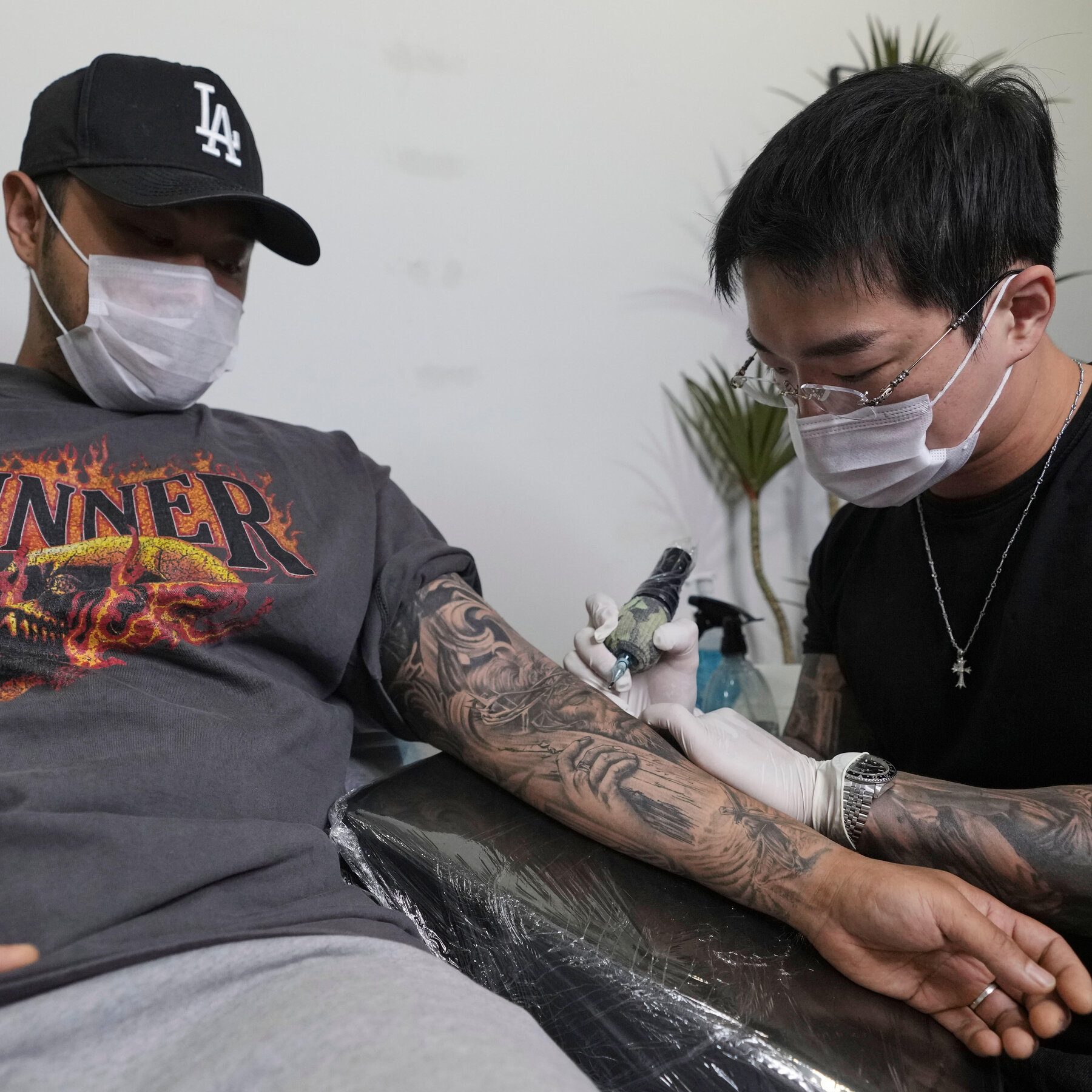South Korea’s New Tattoo Law Legalizes the Practice
South Korea’s New Tattoo Law Legalizes the Practice

For years, tattoo artists had to work in underground studios or windowless backrooms. They may soon be able to practice their craft in the open.
Read the full article on NY Times World
Truth Analysis
Analysis Summary:
The article is mostly accurate, reflecting the changing legal landscape of tattooing in South Korea. It accurately portrays the previous restrictions and the move towards legalization. The bias is minimal, presenting the information in a relatively objective manner.
Detailed Analysis:
- Claim: For years, tattoo artists had to work in underground studios or windowless backrooms.
- Verification Source #2: This source discusses the criminalization of tattooing in South Korea, implying that artists operate outside the legal framework.
- Verification Source #4: This source states that tattooing is technically legal only if performed by a licensed doctor, suggesting that non-medical tattoo artists operate in a gray area.
- Verification Source #5: This source mentions the unique experience of being tattooed in South Korea, implying that the legal status affects the practice.
- Assessment: Supported. The sources indicate that tattooing has been legally restricted, leading to artists operating in less visible or regulated spaces.
- Claim: They may soon be able to practice their craft in the open.
- Verification Source #3: This source reports that South Korea could legalize nonmedical tattooing as early as November 2025.
- Assessment: Supported. Source 3 directly supports the claim that legalization is anticipated, allowing for more open practice.
Supporting Evidence/Contradictions:
- Source 3: '...South Korea could legalize nonmedical tattooing as early as November...'
- Source 4: 'Technically speaking, tattooing is legal in Korea...but you'll need to be a licensed doctor...'

